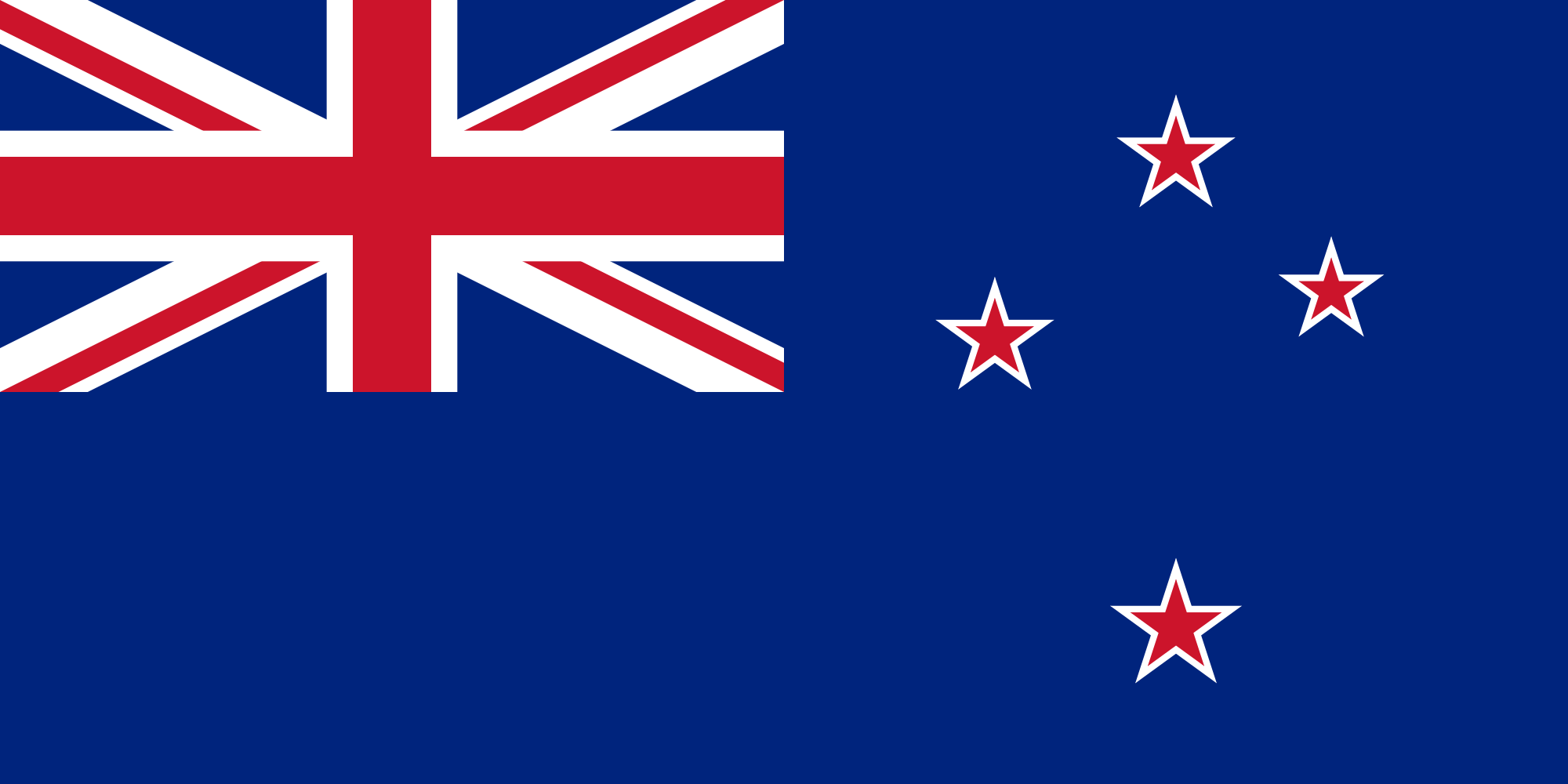There is an ineffable logic to the pace of reform these days. Nowhere is that clearer in both the success of voter reform measures in the United States (along with timelines for implementation baked into the language of the same) and developments internationally. No matter that New Zealand decided to take a recent punt on the issue, there are other forces moving elsewhere that have the potential to be far more consequential – and in the short term.
Israel Announced Its Intent To Create A Recreational Market in 2021
 There is little news anywhere as consequential as that of the oldest medical market finally succumbing to the inevitable. Namely, Israel has announced that it will allow an adult use market to begin operations probably by the third quarter of 2021. That said, don’t hold anyone to a deadline in the days of COVID-19, which will just as surely have not passed by then.
There is little news anywhere as consequential as that of the oldest medical market finally succumbing to the inevitable. Namely, Israel has announced that it will allow an adult use market to begin operations probably by the third quarter of 2021. That said, don’t hold anyone to a deadline in the days of COVID-19, which will just as surely have not passed by then.
However, this development means that the entire conversation has moved up a notch – because the Israelis have so much research on the plant at this point.
For this reason, the tiny country is likely to have an outsized impact on the entire discussion – along with conveniently timed medical exports to the world.
Luxembourg Will Initiate Its Recreational Market Shortly Thereafter
It is likely not insignificant that the Israelis announced their intent to begin an adult use market just ahead of the long-announced Luxembourg flip – now on the agenda of the Green Party domestically for several years.
 The strategic location of Luxembourg in both the European market as well as the much larger financial one now interested in the vertical cannot be understated. Indeed, the country has already played an outsized role in the development of the medical market here due to the contretemps over the clearing of stock trades in the German market as of 2018.
The strategic location of Luxembourg in both the European market as well as the much larger financial one now interested in the vertical cannot be understated. Indeed, the country has already played an outsized role in the development of the medical market here due to the contretemps over the clearing of stock trades in the German market as of 2018.
The double whammy of good news from both markets will also create a buzz internationally that is sure to drive other conversations forward – even if it is to study how both countries approach the issue. And, more to a point, how they differ from Canada, including regulation of their equity markets.
Combined with a more regulated market in Holland and presumably continued “experimentation” in Denmark, and by the end of next year, adult use reform will have hit the continent and in no small way.
Does This Mean The Sudden Potential of Adult Use Everywhere?
As 2020 has shown, in spades, just about anything can and frequently does happen. However, do not expect many more countries to move into the recreational column for the next several years.
 Whatever the UN does or does not do about cannabis at the next meeting of the WHO, cannabis the plant remains a Schedule I drug internationally. This means that, for example, import and export of the same across borders, even in Europe, is likely to be problematic and for some time to come – let alone its international travel across say, the Atlantic.
Whatever the UN does or does not do about cannabis at the next meeting of the WHO, cannabis the plant remains a Schedule I drug internationally. This means that, for example, import and export of the same across borders, even in Europe, is likely to be problematic and for some time to come – let alone its international travel across say, the Atlantic.
Further from the law enforcement and financial security (namely money laundering) perspective, there are big issues that have to be dealt with finally, internationally, that so far have not – and under the guise of “medical reform.”
For that reason, in other words, do not expect Germany, much less France or even the UK to suddenly switch gears. And remember that both Luxembourg and Israel are small countries.
Bottom line? Adult use reform is here to stay, and will increasingly show up on the map. But the more “blanket” reform, still driving the entire discussion, is broadly, and globally, medical.





























